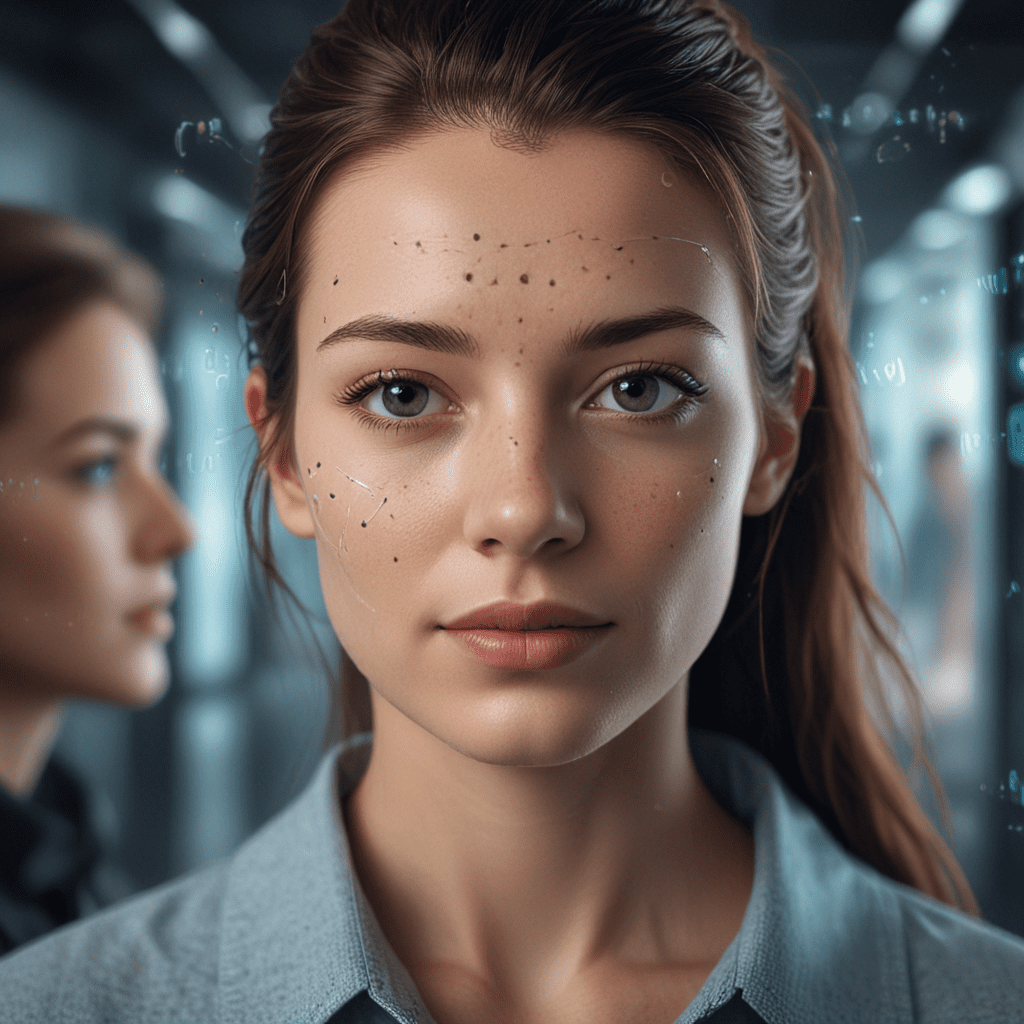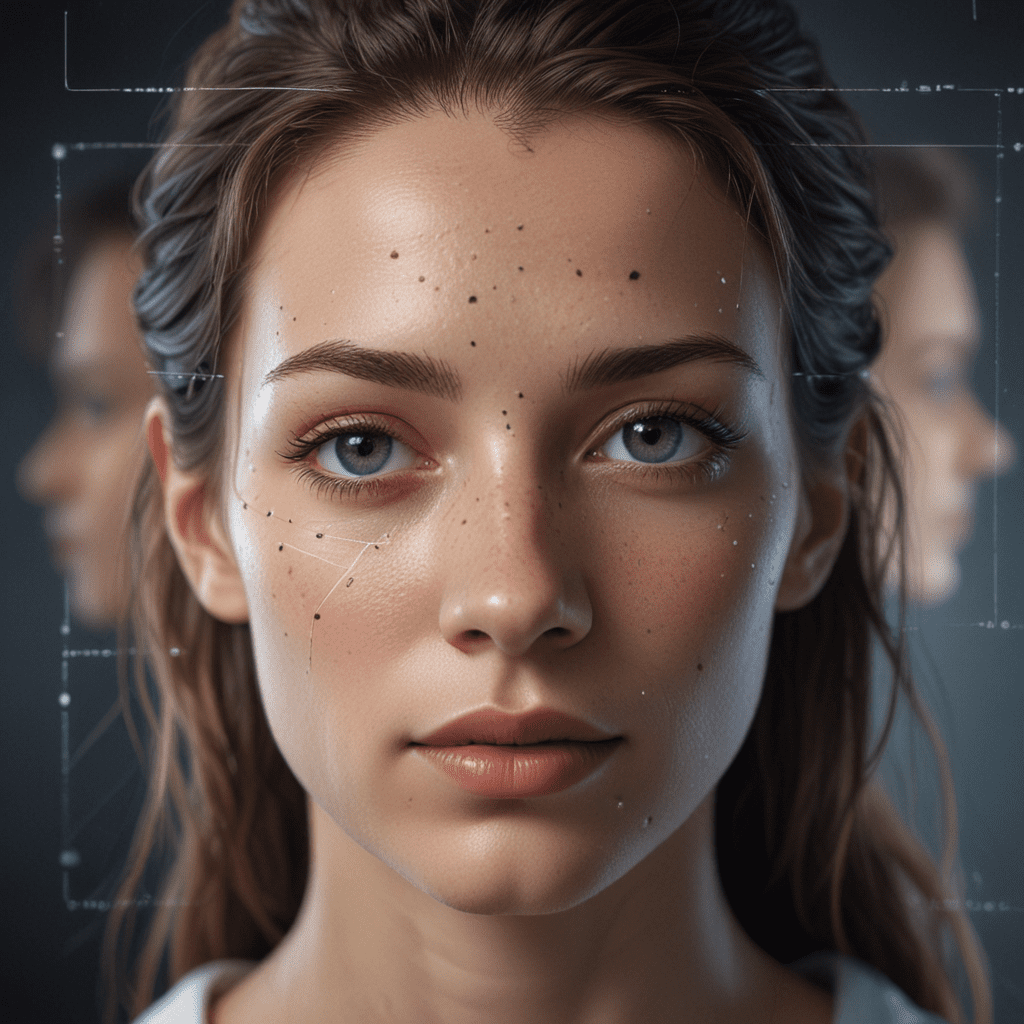
Facial Recognition in Gaming: Enhancing User Interaction
Introduction
The gaming industry has witnessed a paradigm shift with the advent of facial recognition technology. This groundbreaking technology empowers games with the ability to recognize and respond to players' facial expressions, creating unparalleled user experiences. By leveraging facial recognition, games can unlock a world of possibilities, enhancing immersion, personalization, and overall gameplay.
Overview of Facial Recognition Technology
Facial recognition technology utilizes advanced algorithms to analyze facial features and map them against a database of known faces. This sophisticated process enables devices to identify individuals with remarkable accuracy, even in real-time. In the gaming context, facial recognition is integrated into gaming hardware, such as webcams and controllers, allowing for seamless and efficient user identification.
Implementation of Facial Recognition in Gaming
Implementing facial recognition in gaming involves several key steps. Game developers must integrate the technology into their engines, ensuring compatibility with different hardware devices. Facial recognition algorithms are then trained on a dataset of player faces, enabling the game to recognize individual players. Finally, developers create gameplay mechanics that leverage facial recognition, such as customizing character appearances or triggering in-game events based on player expressions.
Benefits of Facial Recognition in Gaming
The integration of facial recognition in gaming offers numerous benefits that enhance the overall user experience.
Personalizing the Gaming Experience
Facial recognition allows games to tailor experiences to each player's unique preferences. By recognizing players, games can adjust difficulty levels, suggest personalized content, and create custom avatars that reflect their physical appearance. This level of personalization heightens immersion and fosters a sense of connection between players and their virtual worlds.
Challenges of Facial Recognition in Gaming
Despite its benefits, facial recognition in gaming faces certain challenges that need to be addressed.
Privacy Concerns
The use of facial recognition raises concerns about player privacy. Game developers must ensure that player data is collected and stored securely, and that players have control over how their facial data is used. Industry standards and regulations are crucial to protect player privacy.
Accuracy and Reliability
Facial recognition systems are not foolproof and can be affected by factors such as lighting, facial hair, and changes in appearance. Game developers must prioritize accuracy and reliability to ensure that facial recognition features function seamlessly.
Case Studies: Facial Recognition in Popular Games
Forza Horizon 5
Forza Horizon 5 incorporates facial recognition to create realistic and expressive AI opponents. Players can create custom drivers that resemble themselves, enhancing the immersion of racing against familiar faces.
The Last of Us Part II
The Last of Us Part II utilizes facial recognition to capture the nuanced emotions of characters. The game's advanced facial animations convey realistic expressions, allowing players to connect deeply with the characters' struggles and motivations.
Future of Facial Recognition in Gaming
The future of facial recognition in gaming holds exciting possibilities. As technology advances, we can expect even more immersive experiences that leverage facial data to create personalized gameplay, enhance storytelling, and revolutionize player interactions.
Ethical and Regulatory Considerations
Ethical and regulatory considerations are paramount in the implementation of facial recognition in gaming. Game developers must adhere to responsible practices, ensuring informed consent from players, transparent data usage policies, and adherence to industry standards.
Conclusion
Facial recognition technology is transforming the gaming industry, offering a wealth of opportunities to enhance user interaction. By addressing challenges and adhering to ethical guidelines, game developers can unlock the full potential of facial recognition, creating truly immersive and personalized gaming experiences that captivate players.
References
[1] "Facial Recognition in Gaming: The Next Level of Immersion" [Link to article]
[2] "The Ethics of Facial Recognition in Gaming" [Link to article]
[3] "Case Study: Forza Horizon 5's Realistic AI Drivers" [Link to article]
FAQ
Q: Is facial recognition in gaming safe?
A: The safety of facial recognition in gaming depends on responsible implementation and adherence to privacy standards by game developers.
Q: How does facial recognition improve gameplay?
A: Facial recognition can personalize experiences, enhance character interactions, and create more realistic and immersive gaming environments.
Q: What are the ethical concerns associated with facial recognition in gaming?
A: Key ethical concerns include ensuring informed consent from players, transparent data usage policies, and adherence to industry standards.


